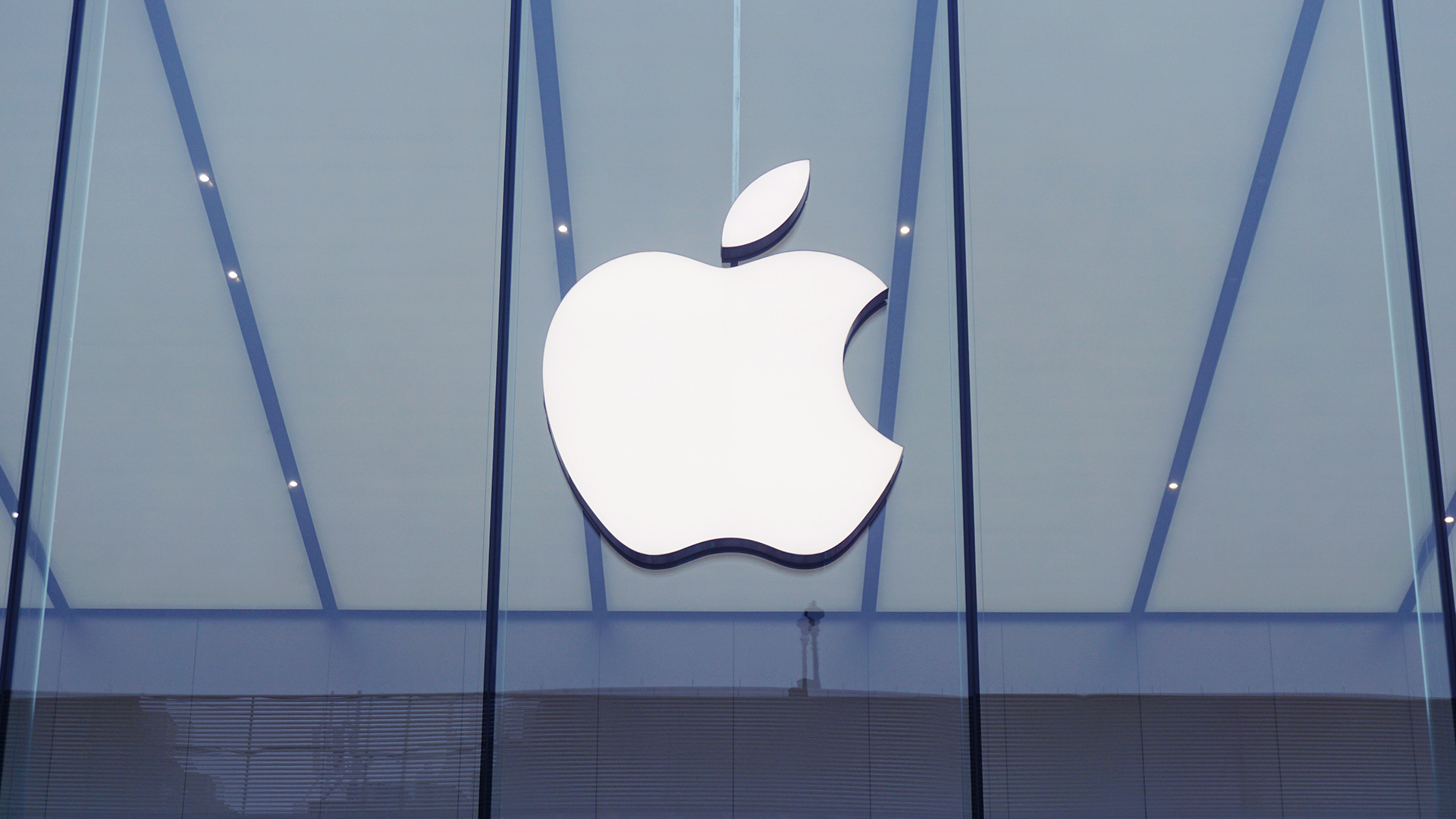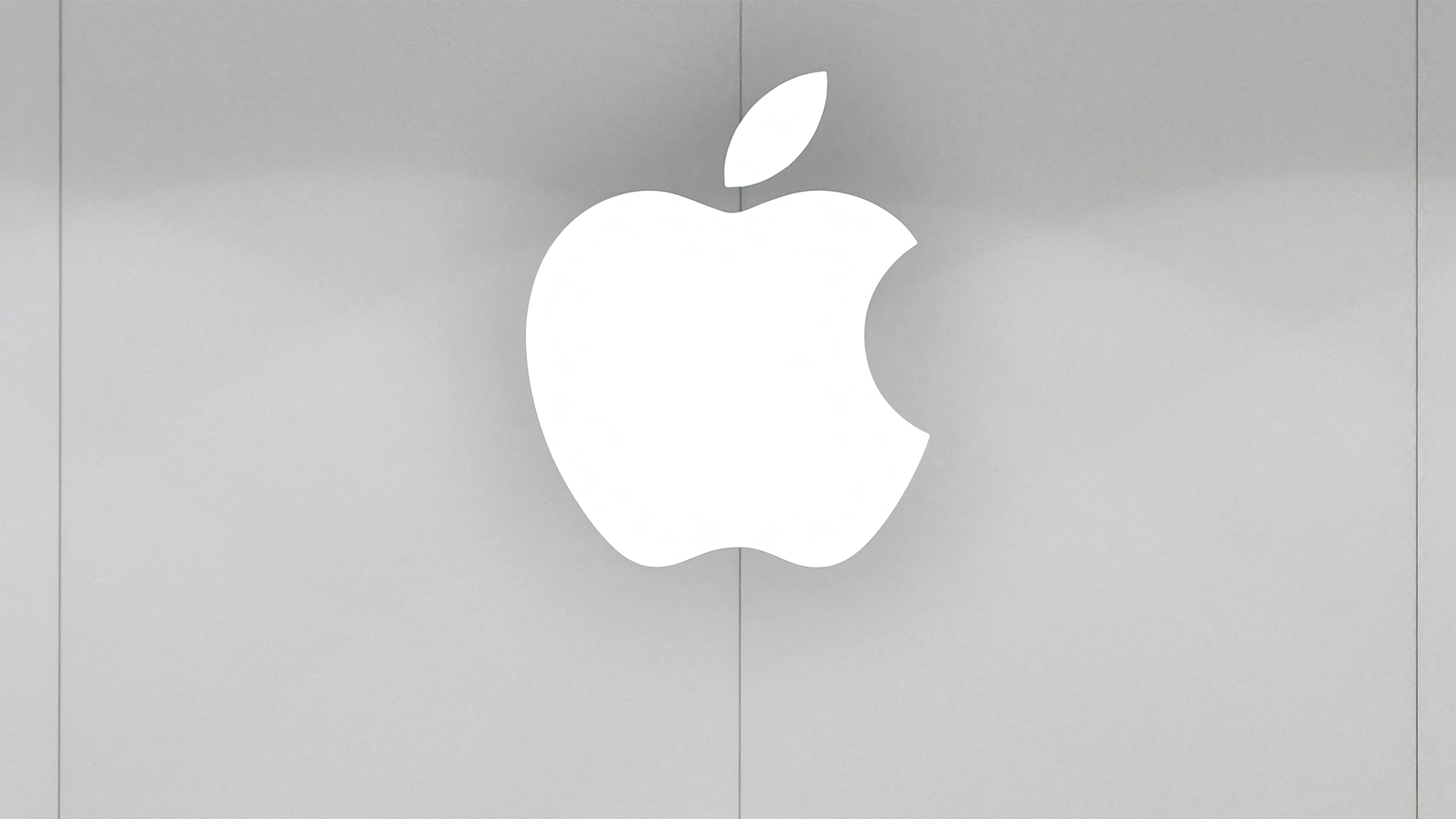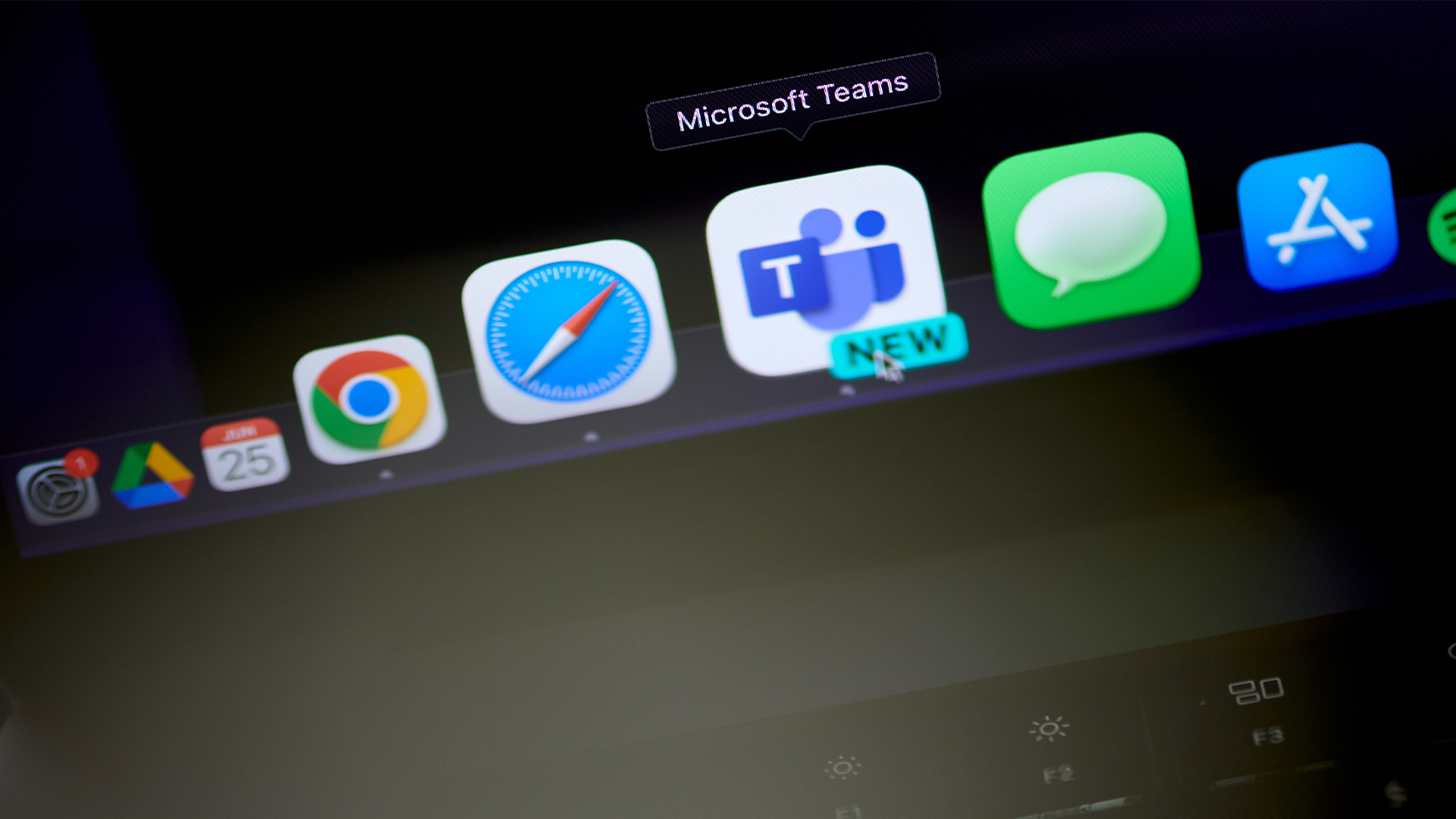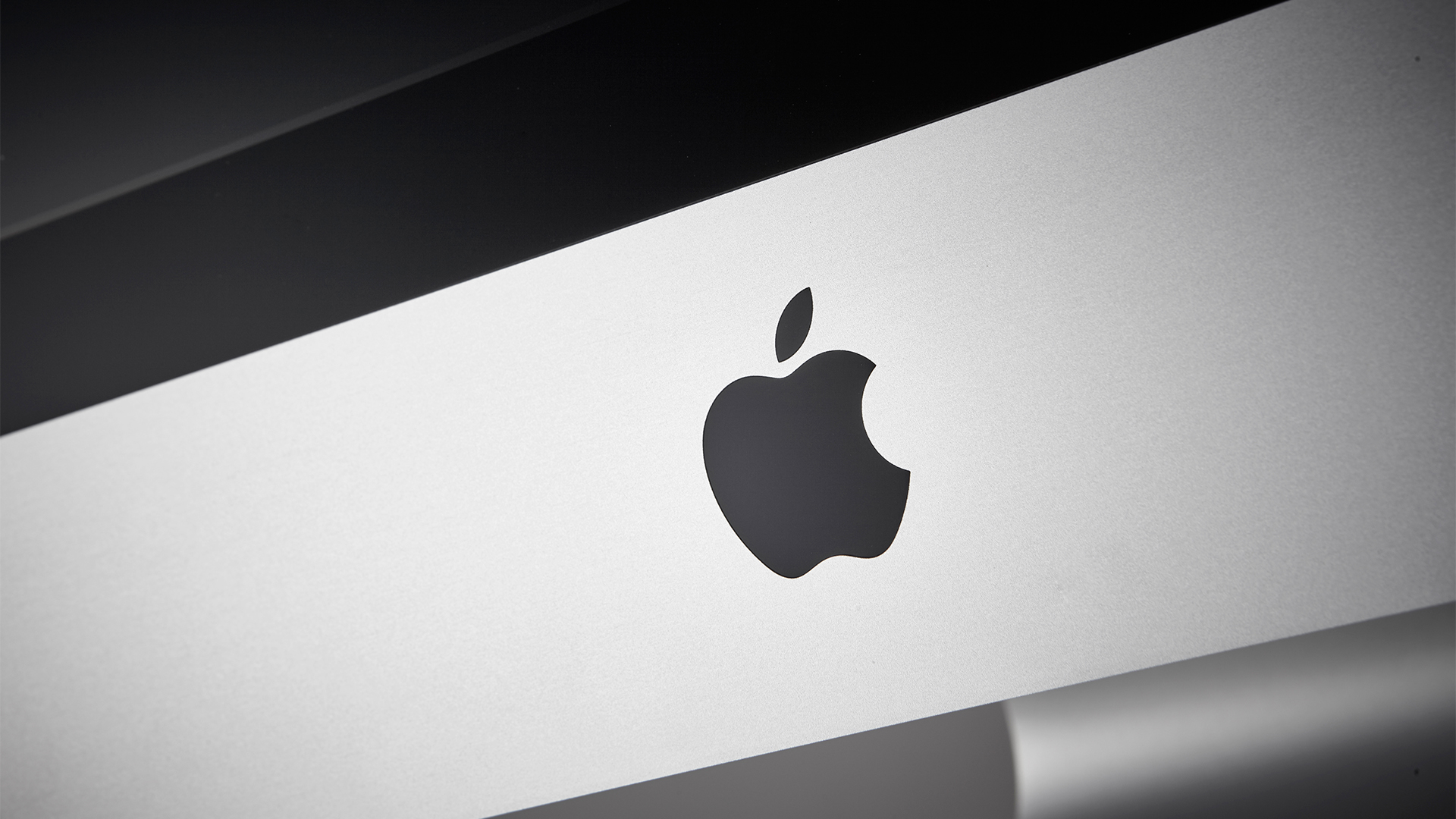‘Hugely significant’: Experts welcome UK government plans to back down in Apple encryption battle – but it’s not quite over yet
The u-turn follows a long-running stand-off between Apple and UK lawmakers


Sign up today and you will receive a free copy of our Future Focus 2025 report - the leading guidance on AI, cybersecurity and other IT challenges as per 700+ senior executives
You are now subscribed
Your newsletter sign-up was successful
The UK government is reportedly planning to back down on plans to force Apple to share user data.
Tulsi Gabbard, US director of national intelligence, confirmed the move in a post on X, revealing that Downing Street will withdraw plans which would see Apple required to provide a “back door” to access user data.
“Over the past few months, I’ve been working closely with our partners in the UK, alongside @POTUS and @VP, to ensure Americans’ private data remains private and our Constitutional rights and civil liberties are protected,” Gabbard wrote.
“As a result, the UK has agreed to drop its mandate for Apple to provide a “back door” that would have enabled access to the protected encrypted data of American citizens and encroached on our civil liberties.”
The decision to back down follows a months-long war of words between Apple and the UK government over the tech giant’s Advanced Data Protection (ADP) tool, a feature that uses end-to-end encryption and allows users to protect personal data.
The feature even prevents Apple from accessing personal information.
In December last year, the government filed a format notice demanding that Apple grant authorities the right to access encrypted data. This was applicable to users globally, and not specifically in the UK.
Sign up today and you will receive a free copy of our Future Focus 2025 report - the leading guidance on AI, cybersecurity and other IT challenges as per 700+ senior executives
The order sparked widespread criticism at the time from privacy experts and industry stakeholders. Legal experts warned that the move could harm industry perception of the UK, noting that the country would “no longer be seen as a safe destination for personal data”.
In response, Apple refused to comply and announced plans to remove access to ADP for UK users. The tech giant began legal proceedings to challenge the demand.
“As we have said many times before, we have never built a backdoor or master key to any of our products or services and we never will,” the company said in a statement at the time.
Apple u-turn “hugely significant” for UK government
The UK government is yet to confirm the decision to back down, however, the rumored decision has been welcomed by security experts.
Charlotte Wilson, head of enterprise at Check Point Software, said the decision to withdraw the demand is “hugely significant”.
“Once you create a master key to encrypted data, it is not just governments that can use it,” she said. “Criminal groups and hostile states will try to exploit it too.”
Wilson added that breaking encryption “not only weakens privacy, but also weakens security for everyone.”
The Apple order was issued under the Investigatory Powers Act, which means orders issued to other companies are essentially shrouded in secrecy.
Wilson said there are still concerns that these powers “remain on the statute books”, meaning that future governments may attempt a similar move in the future.
“Even if this particular demand has been withdrawn, the Investigatory Powers Act still allows future governments to try again,” she said.
“That leaves citizens, campaigners, and businesses in a state of uncertainty about whether the tools that protect their data could be undermined at any point.”
Make sure to follow ITPro on Google News to keep tabs on all our latest news, analysis, and reviews.
MORE FROM ITPRO
- NCSC expert urges businesses to follow geopolitics as defensive strategy
- The encryption stand-off is getting weirder
- What is end-to-end encryption and why is everyone fighting over it?

Ross Kelly is ITPro's News & Analysis Editor, responsible for leading the brand's news output and in-depth reporting on the latest stories from across the business technology landscape. Ross was previously a Staff Writer, during which time he developed a keen interest in cyber security, business leadership, and emerging technologies.
He graduated from Edinburgh Napier University in 2016 with a BA (Hons) in Journalism, and joined ITPro in 2022 after four years working in technology conference research.
For news pitches, you can contact Ross at ross.kelly@futurenet.com, or on Twitter and LinkedIn.
-
 Microsoft Copilot bug saw AI snoop on confidential emails — after it was told not to
Microsoft Copilot bug saw AI snoop on confidential emails — after it was told not toNews The Copilot bug meant an AI summarizing tool accessed messages in the Sent and Draft folders, dodging policy rules
-
 Cyber experts issue warning over new phishing kit that proxies real login pages
Cyber experts issue warning over new phishing kit that proxies real login pagesNews The Starkiller package offers monthly framework updates and documentation, meaning no technical ability is needed
-
 Everything you need to know about Google and Apple’s emergency zero-day patches
Everything you need to know about Google and Apple’s emergency zero-day patchesNews A serious zero-day bug was spotted in Chrome systems that impacts Apple users too, forcing both companies to issue emergency patches
-
 Apple just released an emergency patch for a zero-day exploited in the wild – here’s why you need to update now
Apple just released an emergency patch for a zero-day exploited in the wild – here’s why you need to update nowNews Apple is warning millions of users of iPhones, iPads and Macs to update their software to protect against an out-of-bounds write vulnerability
-
 ‘A huge national security risk’: Thousands of government laptops, tablets, and phones are missing and nowhere to be found
‘A huge national security risk’: Thousands of government laptops, tablets, and phones are missing and nowhere to be foundNews A freedom of information disclosure shows more than 2,000 government-issued phones, tablets, and laptops have been lost or stolen, prompting huge cybersecurity concerns.
-
 The UK cybersecurity sector is worth over £13 billion, but experts say there’s huge untapped potential if it can overcome these hurdles
The UK cybersecurity sector is worth over £13 billion, but experts say there’s huge untapped potential if it can overcome these hurdlesAnalysis A new report released by the DSIT revealed the UK’s cybersecurity sector generated £13.2 billion over the last year
-
 "Thinly spread": Questions raised over UK government’s latest cyber funding scheme
"Thinly spread": Questions raised over UK government’s latest cyber funding schemeThe funding will go towards bolstering cyber skills, though some industry experts have questioned the size of the price tag
-
 Apple is offering rewards of up to $1 million to find critical flaws in its private AI cloud systems
Apple is offering rewards of up to $1 million to find critical flaws in its private AI cloud systemsNews Apple is offering big bug bounty rewards to boost security of its Private Cloud Compute
-
 Serious flaws in Microsoft apps on macOS could let hackers spy on users
Serious flaws in Microsoft apps on macOS could let hackers spy on usersNews The security firm said attackers could bypass permissions for Microsoft apps on macOS and gain privileges without verification
-
 Critical vulnerabilities left millions of Apple devices at the mercy of hackers – and nobody noticed for nearly a decade
Critical vulnerabilities left millions of Apple devices at the mercy of hackers – and nobody noticed for nearly a decadeNews Apple devices could've been susceptible to supply chain attacks after three critical vulnerabilities went unnoticed for nearly a decade